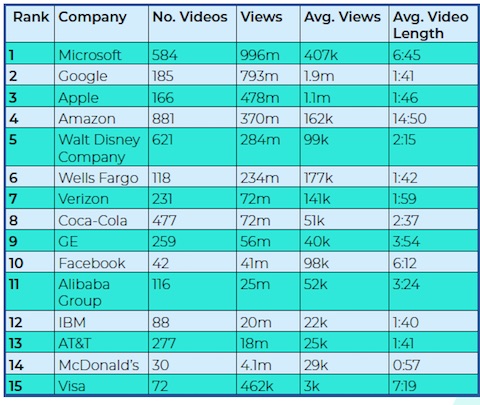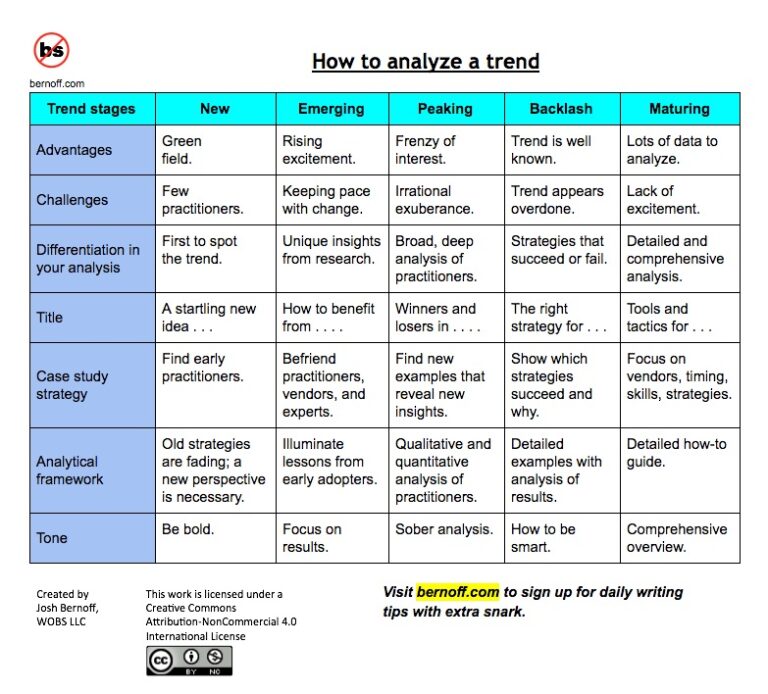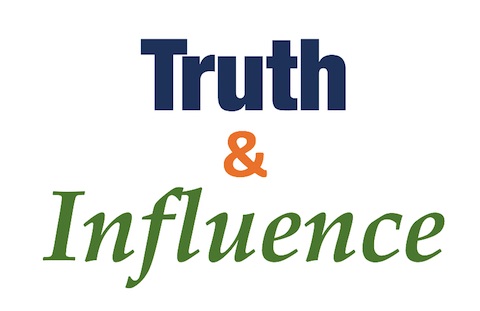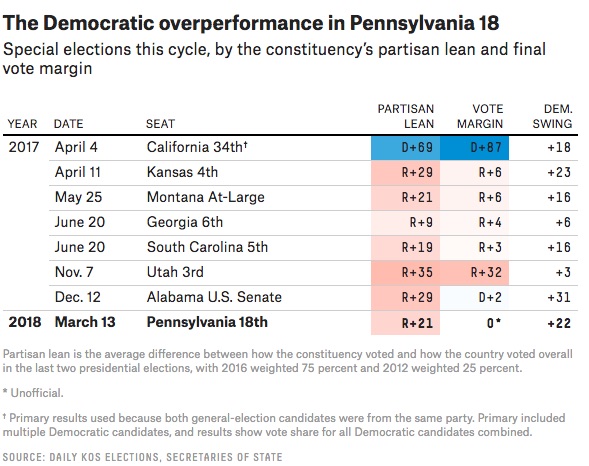How to brainstorm the future
Every strategy book I’ve ever written includes a final chapter about the future. Here’s how I do the brainstorms that turn into those chapters — and how you can run your own brainstorms about the future, whether you’re writing a book or just planning for scenarios. The objective of a brainstorm like this is to…








